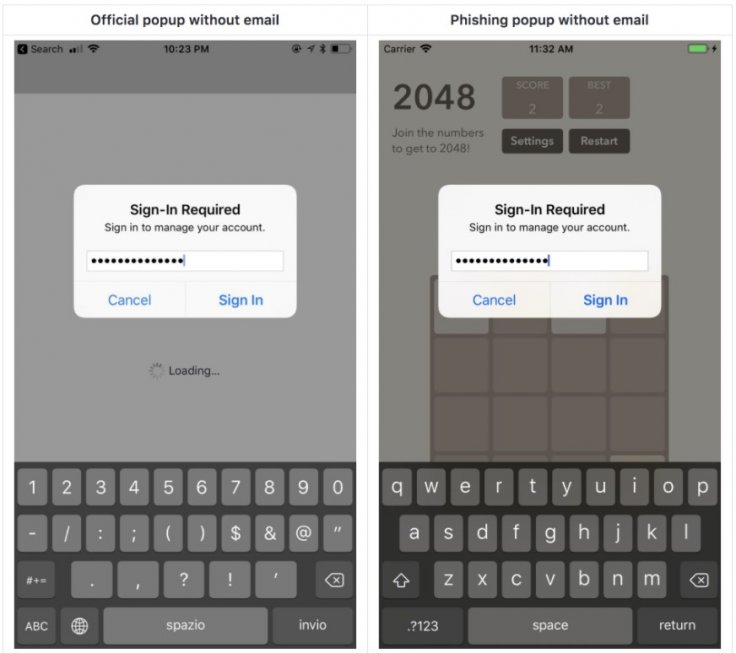
Immigration and Checkpoints Authority (ICA) Singapore has warned the public regarding a fake website which is being hosted under the Government Agency's name. ICA has reportedly filed a police complaint against the website.
In a statement issued on January 25, the Immigration and Checkpoints Authority revealed that the website 'evisasg.mom' is phishing for visitor's passport and visa reference numbers.
"We will work to bring down the website and will continue to monitor them. We would like to assure everyone that access to the official ICA website remains unaffected and no data has been compromised," said the Immigration and Checkpoints Authority in a statement.
In the statement, the Government authority requested all Singaporeans to use their official website 'www.ica.gov.sg' for all informational and transactional needs associated with the ICA. The ICA also requested the public to stay away from fraudulent websites like evisasg.mom to maintain the confidentiality of their personal details.
This is not the first time that phishing incidents are happening in the guise of websites similar to that of ICA. In 2017, the ICA asked the public not to visit fake websites including, www.singapore-epass.com, www.ica.sgov.asia, and www.singaporeonline-epass.com.
Phishers consider Singapore as one of their primary targets for fulfilling their fraudulent needs. Recently, a couple of complaints were lodged by the people after they received text messages which stated that they have earned a good bitcoin amount in their account. Online frauds are using bitcoin as their new scamming tool considering the soaring bitcoin prices last year.
Police have also received complaints from people stating that they lost their personal data after replying to a fake message purportedly sent in the name of United Overseas Bank. The victims also added that unauthorized transactions in various foreign currencies were made using their credit cards.








